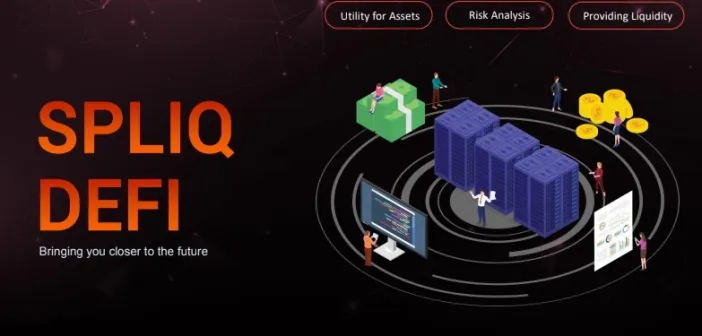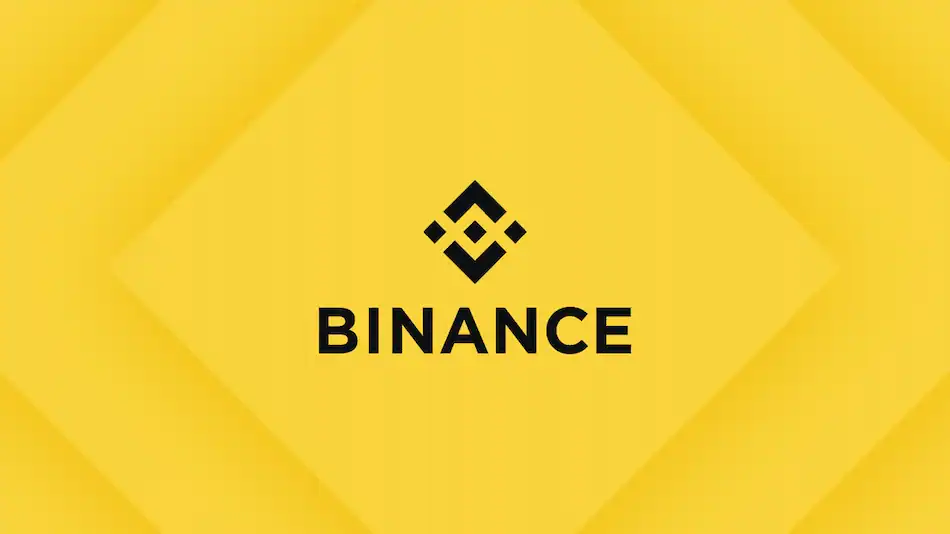Nigeria’s SPLIQ DEFI launches to increase the usability of NFTs.

A platform to increase the usability of NFTs has been launched by the Nigerian fintech business SPLIQ DEFI in an effort to better incorporate the technology into daily life.
SPLIQ DEFI, which was introduced in April 2022, analyzes the volatility of digital assets like NFTs using real-time market data to establish a lending facility’s eligibility over a brief period of time.
As ardent users of blockchain products like NFTs, we discovered that selling is the only method to increase the value of assets. According to the founder Bankole Olayinka, this is a disservice to owners of certain assets that are a part of communities that reward their members over time.
We therefore came up with the concept of short-term loans for those assets, where holders can obtain the immediate liquidity required and avoid asset loss as long as they adhere to the loan terms.
Upon additional research into the idea and possible similar solutions, the team found out that several services already existed that provided that solution, but were restricted to a few of collections.
“In order to establish whether assets are eligible based on the configuration of risk appetite, we developed a risk assessment algorithm that analyzes live market data. Since we don’t need to pre-approve and they are evaluated based on market performance, this enables us to offer credit facilities to a bigger user base of holders, according to Olayinka.
More loans can currently be provided to more collections than any other liquidity provider in the market because to the SPLIQ DEFI algorithm, which currently covers the majority of collections on the Solana blockchain.
According on market conditions, “Our algorithm allows us to cover between 700 and 1,000 collections,” Olayinka stated.
The firm has handled over 3,000 loans with an average default rate of 10% and an average loan volume of over $300,000 USD.
The Solana blockchain has allowed us to scale up our algorithm, allowing it to pick up new collections as they are minted and track in real time to serve as many users as possible, according to Olayinka.
“We plan on expanding to the Ethereum blockchain in the nearest future. We currently provide liquidity for our loans which are available everywhere around the world, but we plan on migrating to an open market where we provide risk tiers where users can set up a comfortable risk tier and fund it. So when an asset that fits that risk criteria is analysed, the system matches it, and if the user agrees terms the loan is processed instantly.”
SPLIQ DEFI charges five per cent interest on loans, and has so far made around US$25,000 in revenues.







